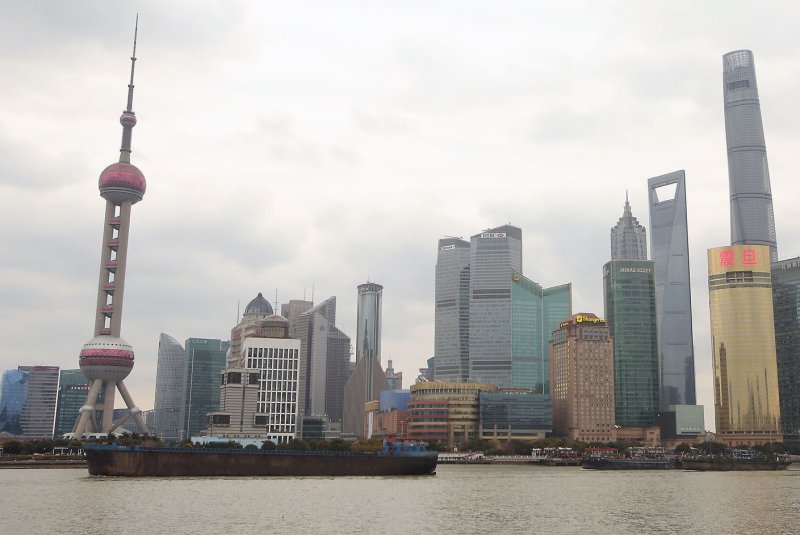Residents in Shanghai are complaining about the increased presence of facial recognition technology in their homes. File Photo by Stephen Shaver/UPI |
License Photo
Oct. 16 (UPI) -- Residents of an apartment building in Shanghai are expressing anger upon learning facial recognition technology was installed in the building's elevator without their permission, and authorities are making money from elevator display ads, according to a Chinese news report.
Caixin reported Wednesday the apartment in the Changning District of Shanghai was not notified of the changes. The presence of facial recognition technology was not known until residents learned about the changes from a technician. Authorities may not have notified the residents directly, according to the report.
Facial recognition software was also hidden inside new equipment. Residents initially noticed a new projector for displaying ads in the elevator, but the equipment included facial recognition.
Angry residents who felt their privacy was being violated were told local police stations had made the decision to place facial recognition in the building, and without residents' permission.
The facial recognition device in the residential elevator is capable of transmitting data in real time. Chinese state security is also earning income from the advertisements placed in the elevator, a privately owned property, according to the report.
A resident of the building who declined to be identified told Caixin the measure is "excessive," and described the apartment elevator as a "semi-private space" for residents.
The resident also said the installation of facial recognition is following general trends in the neighborhood, where other buildings are under similar surveillance.
China has defended the widespread use of facial recognition in public places as a way to reduce and prevent crime.
Facial recognition only works under "certain conditions," however, according to French news service France 24 on Tuesday.
Lighting, makeup, and a person's position in relation to the surveillance camera can affect accuracy, said Jean-Luc Dugelay, a specialist in image processing at the Eurocom engineering college near Paris.















